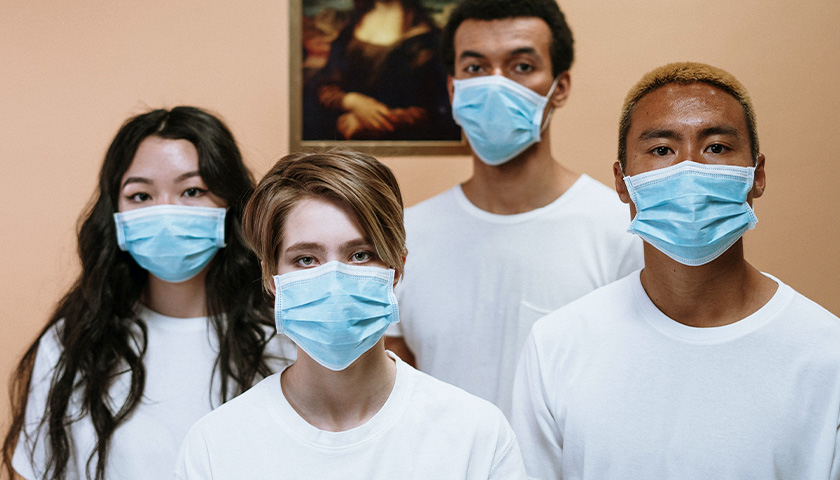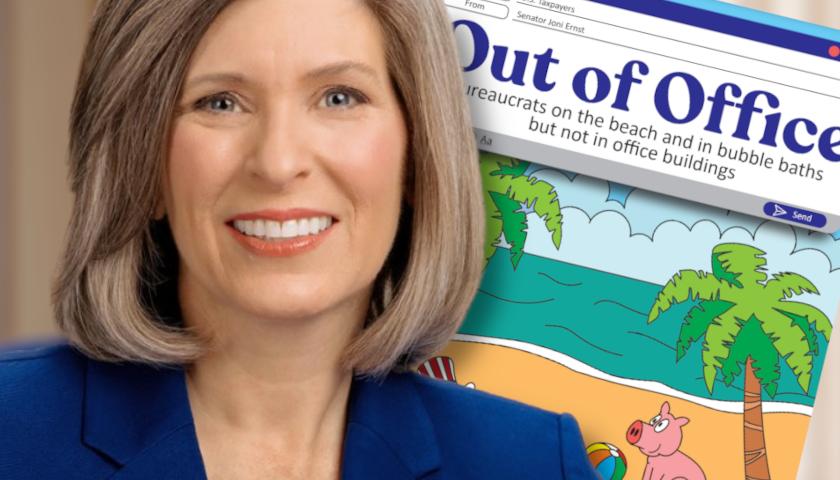by Benjamin Yount
A new study from researchers at the University of Wisconsin says racial and political differences during the coronavirus outbreak are more concerning than before.
A team at UW-Madison looked at death rates in the early days of the virus in the spring of 2020.
“The early months of the COVID-19 pandemic were marked by far higher death rates among Black people than white people in the United States. Before 2020 ended, however, differences between the two groups had nearly equalized,” the researchers noted.
The UW team said it’s not that death rates among Blacks lowered, it was instead a reflection of just how many more white people died later in the year.
“The takeaway for many people may be, ‘Oh, isn’t it a good thing that we diminished the racial difference in mortality?’ But that doesn’t address what changed, and that the changes were not for the better,” lead research author Adeline Lo said.
Lo and her team looked at not just race, but geographical distribution, healthcare access, income equality, and politics.
The UW-Madison team noted that states with Republican governors took a different approach to the virus in the summer and fall of 2020 than Democratic-led states.
“If you were under a Republican governor, who is likely to enact fewer protective policies at a slower rate, that has an effect on COVID’s spread and — controlling for age and other factors in mortality — is negatively correlated with COVID inequality,” Lo added. “In states where you’re less likely to see public health policies to contain the virus, you’re more likely to see white deaths in equal proportion with Black deaths, but not because the death rates are any better for Black people in those states.”
The researchers used numbers from the index of pandemic containment and health policy from the University of Oxford COVID-19 Government Response Tracker compiled weekly for each state in the U.S. through May 2021.
Lo and her team said the takeaway from the study should be an acknowledgement of how things like race and politics factor into public health outcomes.
“Race obviously matters when looking at the concern that motivates people’s behavior. But if we’re comparing magnitudes, party politics appears to be a far stronger indication of how individuals are reacting to the virus, Lo said. “The issue of polarization and the inability of groups to communicate on similar grounds and find ways to drift closer together rather than further apart was a concern already. The pandemic and the way it shows up in these results have made us even more worried.”
– – –
Benjamin Yount is a contributor to The Center Square.
Photo “People Wearing Masks” by cottonbro.





